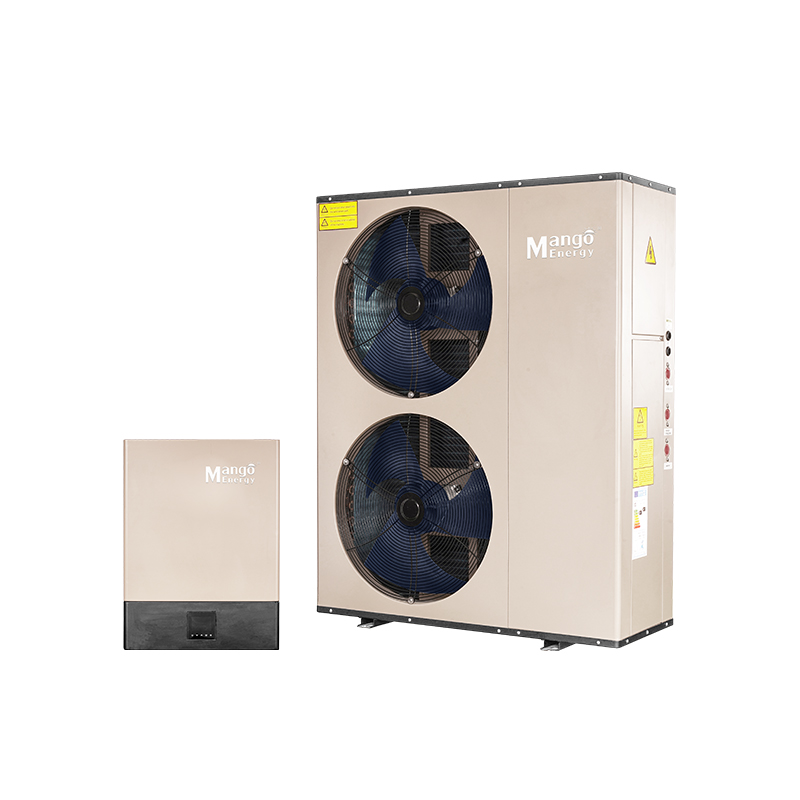What Is Air Source Heat Pump
Air source heat pumps are a form of heating system that extracts heat from the outdoor air and utilizes it to supply heating and hot water for buildings. They serve as an energy-efficient and environmentally-friendly substitute for conventional heating systems like gas boilers or electric heaters.In order to grow rapidly, Inverter heat pump Do not hesitate to change the strategy and rearrange the products, so as to obtain unexpected results. http://mangoenergyheatpump.com
How does an air source heat pump operate?
Air source heat pumps function by drawing in heat from the external air at low temperatures and subsequently intensifying the heat’s temperature using a compressor. This heat is then utilized to warm water for radiators, underfloor heating systems, or for domestic hot water.
There are two primary kinds of air source heat pumps: air-to-water and air-to-air. Air-to-water heat pumps convey heat to a wet central heating system, whereas air-to-air heat pumps transfer heat to warm air systems.
Advantages of air source heat pumps
Utilizing an air source heat pump for heating and hot water provision offers several advantages, including:
1. Energy efficiency: Air source heat pumps are remarkably energy-efficient by utilizing renewable energy from the air, potentially leading to lower energy expenditures and decreased carbon emissions.
2. Renewable energy: By sourcing renewable energy from the air, air source heat pumps represent a more sustainable and eco-friendly heating solution compared to traditional fossil fuel-based systems.
3. Reduced carbon emissions: Through the reliance on renewable energy sources, air source heat pumps can aid in reducing carbon emissions, contributing to a more environmentally-friendly space.
4. Reduced operational costs: Despite potential higher initial installation costs, air source heat pumps have lower operational costs over time, resulting in potential long-term savings.
5. Versatility: Their ability to cater to both heating and hot water provision makes air source heat pumps a versatile solution for both residential and commercial structures.
Considerations for installation
When contemplating the installation of an air source heat pump, several key considerations must be taken into account:
1. Location: Access to good airflow and appropriate outdoor space are crucial for the installation of an air source heat pump.
2. Building insulation: Ensuring proper building insulation is important to optimize the heat pump’s efficiency and minimize heat loss.
3. System compatibility: Compatibility with existing heating systems and hot water provision in the building is essential for the installation of an air source heat pump.
4. Planning permission: Installation of an air source heat pump may necessitate planning permission based on location and building type.
5. Maintenance: Ongoing maintenance, which includes filter cleaning, monitoring refrigerant levels, and inspecting outdoor units, is vital for ensuring the effective operation of an air source heat pump.
In conclusion, air source heat pumps offer a sustainable and energy-efficient heating solution, catering to both residential and commercial heating and hot water needs. By harnessing renewable energy from the air, they provide a greener alternative to traditional heating systems, potentially leading to reduced energy costs and carbon emissions. It is important to consider factors such as location, building insulation, system compatibility, planning permission, and maintenance when contemplating the installation of an air source heat pump to ensure optimal performance.